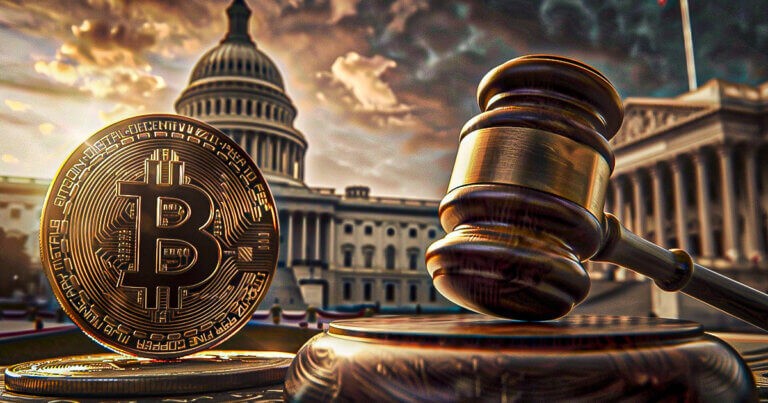
Coinbase's Chief Legal Officer Paul Grewal has revealed documents showing how U.S. federal regulators actively discouraged banks from serving cryptocurrency businesses, confirming what the industry dubbed "Operation Chokepoint 2.0."
The documents, obtained through the Freedom of Information Act (FOIA), demonstrate how the Federal Deposit Insurance Corporation (FDIC) and other agencies pressured banks to limit or terminate services to crypto-related companies.
"Law abiding American businesses should be able to access banking services without government interference," stated Grewal on X (formerly Twitter), highlighting the unfair targeting of the crypto sector.
While heavily redacted, the released letters expose the regulatory pressure that led to widespread "debanking" of crypto companies. Even federally chartered institutions like Anchorage Digital faced unexpected service terminations, as revealed by CEO Nathan McCauley during a House Financial Services Committee hearing.
The revelations come amid broader regulatory challenges for the crypto industry under the current administration. The Securities and Exchange Commission (SEC) has pursued legal action against major exchanges including Coinbase and its operations for alleged securities law violations.
Grewal emphasized that while the FDIC continues to withhold key information through redactions, these documents validate the industry's concerns about coordinated regulatory efforts to restrict banking access. He expressed hope that incoming administration could reverse what he called "politically motivated regulatory decisions."
The regulatory crackdown coincides with high-profile cases like FTX's collapse and Binance's recent settlement, which regulators cite to justify increased oversight. However, industry leaders maintain that the sweeping restrictions on banking access went beyond reasonable consumer protection measures.
The banking restrictions have created substantial operational challenges for crypto businesses, limiting their ability to serve customers and maintain normal business operations in the United States, despite operating within legal frameworks.